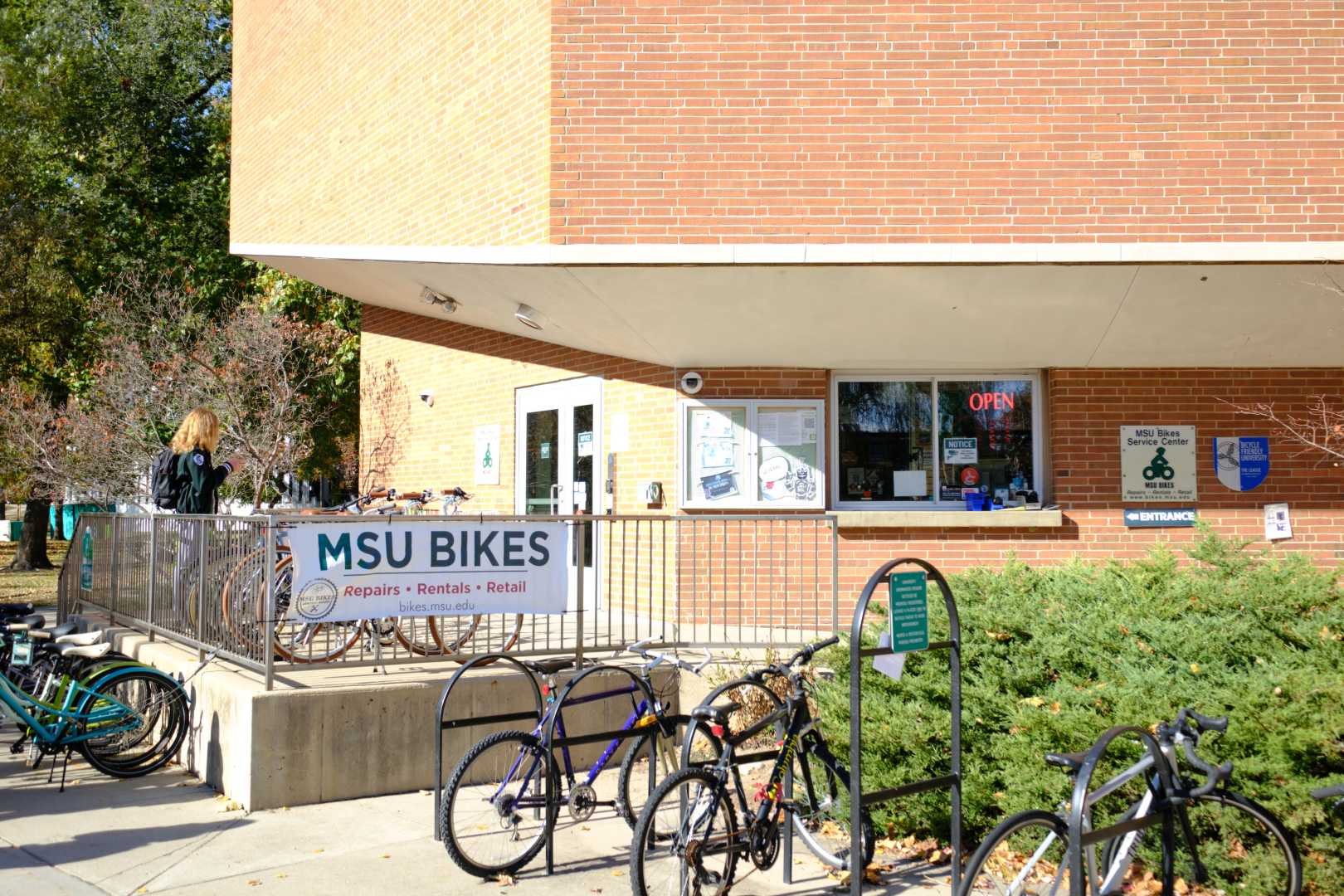News
MSU Event Highlights Science Through Biking Amid Research Funding Cuts

EAST LANSING, Mich. (WILX) – A new event, ‘Pedal Through Science,’ was launched today at Michigan State University, emphasizing the integration of cycling and education. Hosted by the MSU Bikes Center, the initiative aims to promote science across the campus through a biking experience that showcases gardens, museums, and research facilities.
Participants of all biking abilities were invited to explore MSU’s relevant scientific landmarks. Lauren Froman, a public program specialist, expressed her enthusiasm for generating more bike-friendly communities. “I think it’s really important to create more pedestrian and bike-friendly communities,” said Froman. “Cultivating a community around outdoor activities is essential.”
The organizers hope that this event will become an annual feature during MSU’s science festival held each April. ‘Pedal Through Science’ aims to inspire community members to engage with science in a dynamic way while fostering a sense of collective participation.
However, the excitement surrounding the event contrasts sharply with the current landscape for university research, as Michigan State University faces significant funding burdens due to recent federal cuts to USAID. Researchers have been particularly vocal about the adverse effects of these funding freezes, which they say jeopardize not only current projects but the future of scientific inquiry.
“There are many universities that rely on USAID funding, and just about every project was shut down,” stated David Douches, a professor with the Department of Plant, Soil, and Microbial Sciences. Douches, who was developing disease-resistant potatoes, highlighted the difficulty of navigating such cuts. “It was the way in which it was done that made it especially difficult,” he noted.
The federal funding cuts began early in the Trump administration, as the former president characterized USAID as a waste of taxpayer resources. Douches lamented the broader implications of these cuts, stating, “When you cut research like this, you’re risking the future.”
To protest the cuts, MSU researchers used spray paint on the iconic Michigan State University Rock, a landmark known for conveying messages and sentiments from various groups over the years. “Even though we have been stopped, we’re going to find a way to keep moving forward,” Douches affirmed.
In another development, spring commencement ceremonies are set to feature speeches from prominent alumni and business leaders, including Deirdre O’Brien from Apple and Mat Ishiba of United Wholesale Mortgage. These leaders will address over 10,000 graduating students at the Breslin Student Events Center.
As the future of university research faces increasing uncertainty, Associate Professor Jamie Bernard is also confronting challenges. Her work on cancer research, driven by personal experience with her mother’s cancer diagnosis, is now at risk due to federal funding freezes affecting two grants worth approximately $1 million.
“The projects we were about to begin can’t be started, and we won’t be able to train more students in the laboratory,” Bernard explained. She has been actively seeking alternative funding and has communicated with government leaders in Washington, D.C., as well as reallocating university funds to sustain her research.
Bernard emphasized the importance of ongoing cancer research, stating, “We stand to lose people who are living with cancer now but also stand to hurt those who may be diagnosed in the future.” She expressed her desire for further guidance regarding the status of her frozen grants, highlighting the urgency of her work in advancing cancer treatment.
The ongoing struggles faced by MSU researchers illustrate the critical ramifications of funding decisions made at the federal level, reiterating the need for sustained investment in scientific research.












